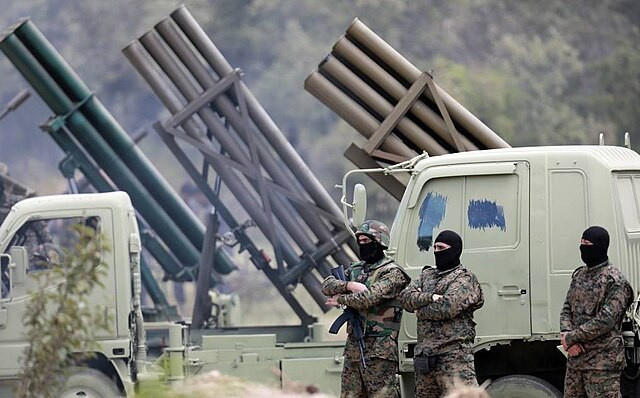In a significant escalation of the ongoing conflict between Israel and Hezbollah, a covert operation by Israeli intelligence has resulted in the detonation of thousands of pagers used by Hezbollah members across Lebanon, leading to widespread casualties. The surprise attack, which reportedly did not involve prior consultation with the United States, has left at least nine people dead, including a child, and wounded approximately 2,750 others, many of whom are Hezbollah fighters and military personnel.
The operation, approved by Israeli Prime Minister Benjamin Netanyahu and top security officials, aimed to undermine Hezbollah's communication and command capabilities. According to sources familiar with the matter, the Israeli government decided to move forward with this bold strategy to send a clear message to Hezbollah, demonstrating the extent to which the group has been penetrated by Israeli intelligence.
The timing of the attack is notable, coming just a day after U.S. envoy Amos Hochstein visited Israel, cautioning against actions that could further escalate tensions in the region. Despite these warnings, Israel proceeded with the operation, which has now significantly heightened the risk of a broader conflict along its northern border.
Lebanese authorities, including Information Minister Ziad Makary, swiftly condemned the attack as an act of "Israeli aggression." Hezbollah, which has been engaged in continuous exchanges of fire with Israel since the outbreak of the Gaza war last October, has vowed to retaliate. The militant group issued a statement promising that Israel would face "its fair punishment" for the attack.
The explosions took place across various Hezbollah strongholds, including the southern suburbs of Beirut, the eastern Bekaa Valley, and southern Lebanon. The attacks have not only caused physical injuries but have also struck a psychological blow to Hezbollah, as the group grapples with the realization that its internal communications may be deeply compromised.
The incident has also drawn international concern, with U.N. spokesperson Stephane Dujarric expressing alarm over the "extremely volatile" situation. The U.N. called for restraint and emphasized the need to avoid civilian casualties, as the potential for further escalation looms large.
Hezbollah's leadership has been visibly shaken by the attack, with senior official Hussein Khalil describing it as a targeted assault on the entire nation. The group's internal investigation is underway, but the immediate focus remains on treating the wounded and preparing for possible further confrontations with Israel.
Adding to the gravity of the situation, Iran's ambassador to Lebanon, Mojtaba Amani, was among those injured in the explosions. Although his injuries were reported to be superficial, the involvement of an Iranian diplomat underscores the broader regional implications of the attack.
The attack on Hezbollah's pagers comes at a time when the group has already suffered significant losses in its ongoing conflict with Israel. Since the start of hostilities in October, more than 400 Hezbollah fighters, including top commanders, have been killed in Israeli strikes. The latest incident is likely to further strain the group's resources and morale, even as it vows to continue its fight against Israel.
Meanwhile, the Israeli Defense Forces (IDF) have been placed on high alert, anticipating a potential retaliatory strike from Hezbollah. Major General Herzi Halevi, Israel's Chief of Staff, met with senior officers following the attack to assess the situation and ensure that Israeli forces are prepared for any eventuality.




